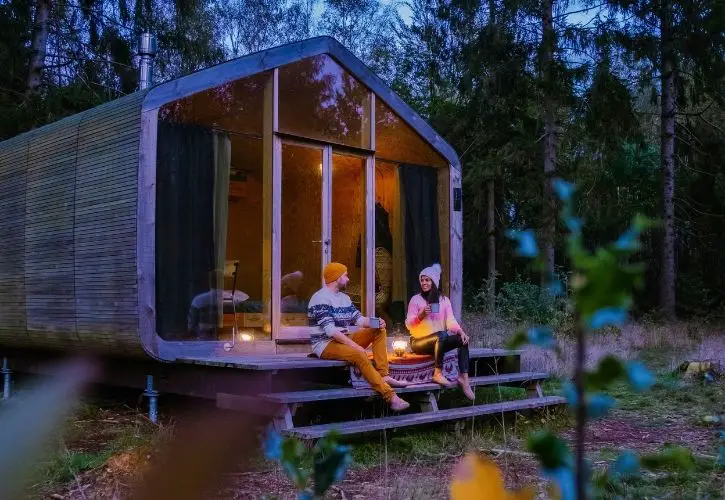Living off the grid is a lifestyle choice that more people are considering because it allows them to grow closer to nature while reducing their carbon footprint. As exciting as this may sound, you should never decide to adopt this lifestyle on a whim. Living off-grid may mean less access to food and communication with the rest of the world. Explore several things to consider before living off the grid to determine if this is your ideal lifestyle.
How You’ll Get Food
One of the biggest challenges of living off the grid is ensuring a steady and reliable food supply. Grocery stores and restaurants are typically easily accessible in urban or suburban areas. However, these establishments could be over an hour away when you live off the grid. To accommodate this proximity issue, you may have to buy in bulk when grocery shopping.
Another option is to grow your own food to make the lifestyle as sustainable as possible. Evaluate which types of crops grow in your selected area throughout the year to learn what you should plant and when you should plant it.
What Water Systems You’ll Have
Living off the grid means you cannot access municipal water supplies. Therefore, you need to establish your own water systems. This could involve digging a well for fresh water, setting up a rainwater collection system, or using a nearby stream or lake. You must also consider waste disposal systems, such as a septic tank, and understand the maintenance these systems require.
Generally, you will need a septic tank when you live in unincorporated areas. Learning the common myths about septic systems will help you make informed decisions when setting up your waste disposal system.
Locating Emergency Services
Emergency services are not always readily accessible when living off the grid. Before you choose where you will live, note the location of the nearest hospital, fire station, and police station.
You should also evaluate the distance and the time it would take to reach these services in case of an emergency. It’s also crucial to have a plan for getting to these places if traditional routes are blocked, or you do not have immediate access to transportation.
Maintaining Communication
The final thing to consider before living off the grid is how you’ll communicate with the outside world. Cell service and the internet may be unreliable or non-existent in remote areas. Consider installing a cell signal booster in your home to improve connectivity. Satellite phones and ham radios are other options for communicating with the outside world.
Living off the grid can be a rewarding experience, offering a sense of freedom and a unique connection to the environment. However, it requires careful planning and preparation. Note these factors before making your decision to ensure you are ready for the challenges and rewards of this lifestyle choice.
